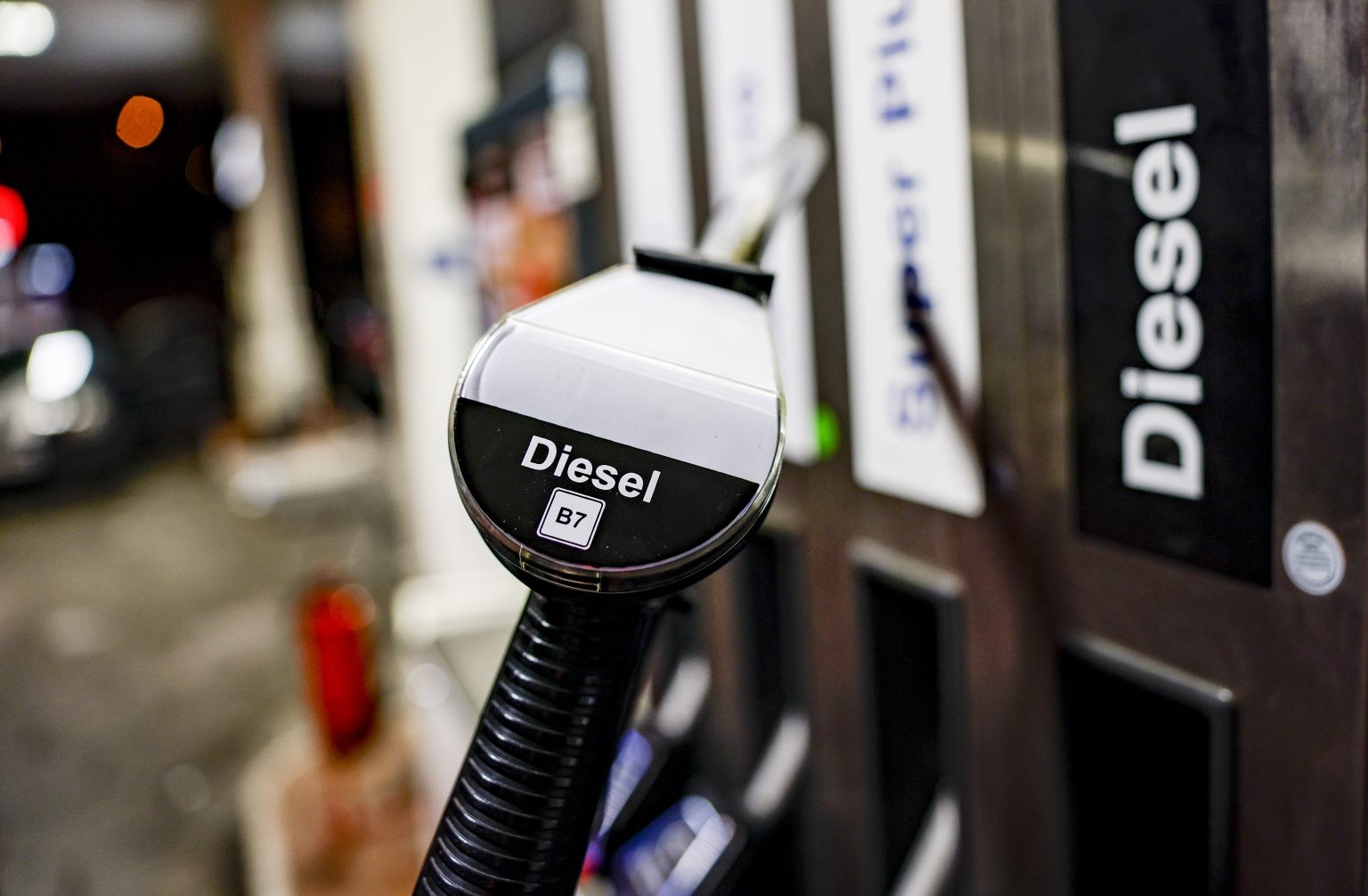 |
| Russia's ability to finance its war with Ukraine is starting to be affected by Western sanctions (Source: Getty Images) |
Russia's oil and gas revenues are falling, while its budget deficit is growing.
Initial results for 2023 show that the combination of an oil price cap and a Western ban on Russian oil imports is working, even as Moscow's energy exports increase.
Revenue plummeted
The European Union (EU) embargo on refined oil products originating from Russia, with accompanying price caps, officially took effect from February 5. These measures are in line with those applied by the Group of Seven (G7) and Australia.
The countries had previously imposed sanctions on Moscow's crude oil, which came into effect on December 5, 2022. Together, they banned the sale of Russian crude oil and oil products transported by sea within the EU, except for oil still transported via pipeline, and temporarily exempted three countries: Hungary, Bulgaria and Croatia.
The market has recently performed well above the price ceiling, with Russian crude selling below $60 a barrel. However, Russia’s revenue from oil and gas exports was just $18.5 billion in January 2023, down nearly 40% from a year earlier.
The International Energy Agency (IEA) has predicted that the revenue decline will be even more severe in the coming months.
The West decided to target Russia's energy sector because it accounts for about 18% of the country's gross domestic product (GDP) and at least a third of state budget revenues.
Still, despite the loss of revenue, the damage to the overall economy has been surprisingly mild, at least according to official figures. Russia’s GDP growth in 2022 is expected to contract by just 2.7%, despite facing more than 1,000 sanctions.
Western success
Another Western goal of the price ceiling, to keep Russian oil flowing on the market, has been successful. Russia’s crude oil production and exports have not been significantly affected because the country has been able to divert exports from the European market to other buyers in Asia, primarily China and India.
Even at a discount, oil sales are profitable for Moscow. Cutting off Russian supplies would put upward pressure on global prices—an undesirable scenario for the EU, which is already struggling with high inflation.
However, exporting petroleum products is not the best way for the Russian government to monetize its windfall. For decades, Moscow has spent some of its money subsidizing uncompetitive refineries. Today, many Russian refineries cannot operate without state support.
Sanctions on the country's oil products have made the situation worse, raising the question of whether the Kremlin will cut supplies, especially diesel fuel, to ease the state's financial burden.
In current market conditions, losing half of Moscow’s diesel exports could be a very difficult task. If that scenario were to happen, it would have adverse consequences for major importers, especially the EU – a huge importer of diesel and dependent on the Russian product for more than half of its needs.
Diesel fuel diverted
Among the various oil products that Russia exports, diesel stands out . Not only because of the country's export capacity and the importance of diesel to the global economy, but also because the global diesel market is particularly tight.
After recovering from the Covid-19 pandemic, supply disruptions have sent diesel prices soaring further, which will lead to increased costs for a range of applications that use diesel as a feedstock, from transport to heating and industrial processes.
Russia exports about 1 million barrels of diesel per day. The country’s diesel meets about 3.5% of global diesel demand (20 million barrels per day). While the number may not seem high, it is significant.
Russia’s diesel exports are expected to remain broadly flat throughout 2022. The country added about 200,000 barrels of diesel per day toward the end of the year as Western buyers ramped up purchases before the sanctions took effect.
So far, there has been no disruption to diesel supplies. Instead, what has happened, as in the crude oil market, is a diversion of trade flows. Russian diesel originally destined for EU countries is now being sold in Turkey and North Africa or forced to go further afield, such as to Latin America.
In the European market, Russian diesel engines are being replaced by diesel engines coming from further afield, such as the Middle East, India and China.
Russia is in trouble?
What has been less talked about recently is the state of Russia's oil refineries.
In a free market, a Russian refinery that produces oil and sells it to the European market would earn less than $5-10 per barrel due to high delivery costs. To stay in business, the Russian government has had to subsidize those refineries. Without any subsidies, 80% of Russia’s refining capacity would shut down immediately.
This subsidy will rise and fall with fluctuations in Russian crude oil prices. The recent drop in crude oil prices has pushed refinery subsidies to very low levels, threatening their ability to continue operating.
However, with revenues squeezed and finances weakened, the Russian government has reasons to support such an outcome. If that happens, Russia will have more crude oil (an additional 1 to 1.5 million barrels per day) to export because of reduced domestic refining capacity. Conversely, global crude oil prices will fall.
Russia’s solution would be to cut crude oil production. Earlier this year, the government announced it would cut crude oil exports by 500,000 barrels per day starting in March 2023. The main reason was to maintain prices, but the decision could also be a sign of other difficulties.
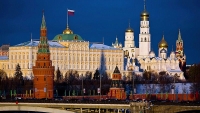 | Is Russia's economic fortress collapsing? Revealing the sectors that are really 'hit' by Western sanctions The Economist wrote in a March 2022 article that "President Vladimir Putin's Russian economic fortress is crumbling." ... |
 | Russian diesel may still reach Europe, how can Moscow 'evade' sanctions? On April 4, Reuters news agency (UK) cited ship tracking data showing that Europe may still buy Russian diesel... |
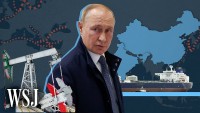 | Russia's 'dodge and block' strategy confronts uncertain series of sanctions from the West Responding to a series of unprecedented and diverse economic sanctions from the US and the West, as an economy ... |
 | Germany is still powerless to see its 'home' company doing business with Russia despite dozens of sanctions packages. It is considering a strong 'blow'. European companies, including German businesses, are avoiding sanctions against Russia by ... |
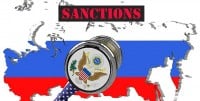 | America launched a big 'blow' against Russia, starting a new 'tactic' that paralyzed Moscow? On April 12, the US announced sanctions against hundreds of individuals and organizations related to Russia in response to the military campaign ... |
Source















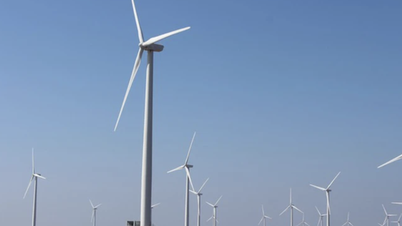










![[Photo] The 9th Congress of the Party Committee of the Office of the President, term 2025-2030](https://vphoto.vietnam.vn/thumb/1200x675/vietnam/resource/IMAGE/2025/6/20/78e7f27e8c4b4edc8859f09572409ad3)



























![[Maritime News] Wan Hai Lines invests $150 million to buy 48,000 containers](https://vphoto.vietnam.vn/thumb/402x226/vietnam/resource/IMAGE/2025/6/20/c945a62aff624b4bb5c25e67e9bcc1cb)








































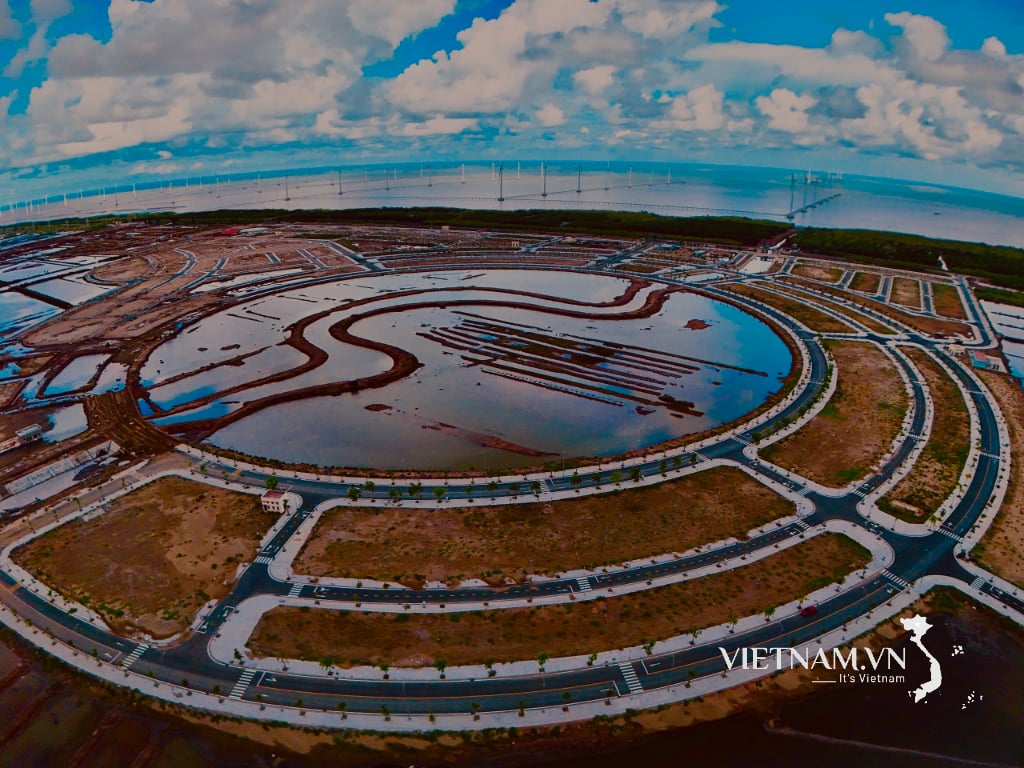

Comment (0)